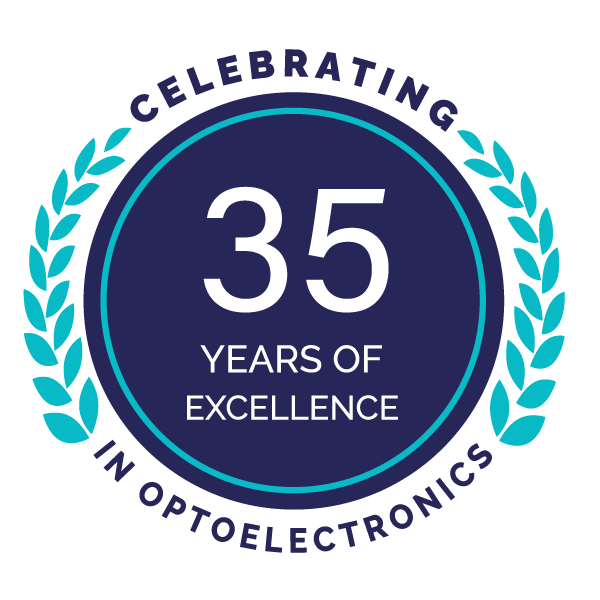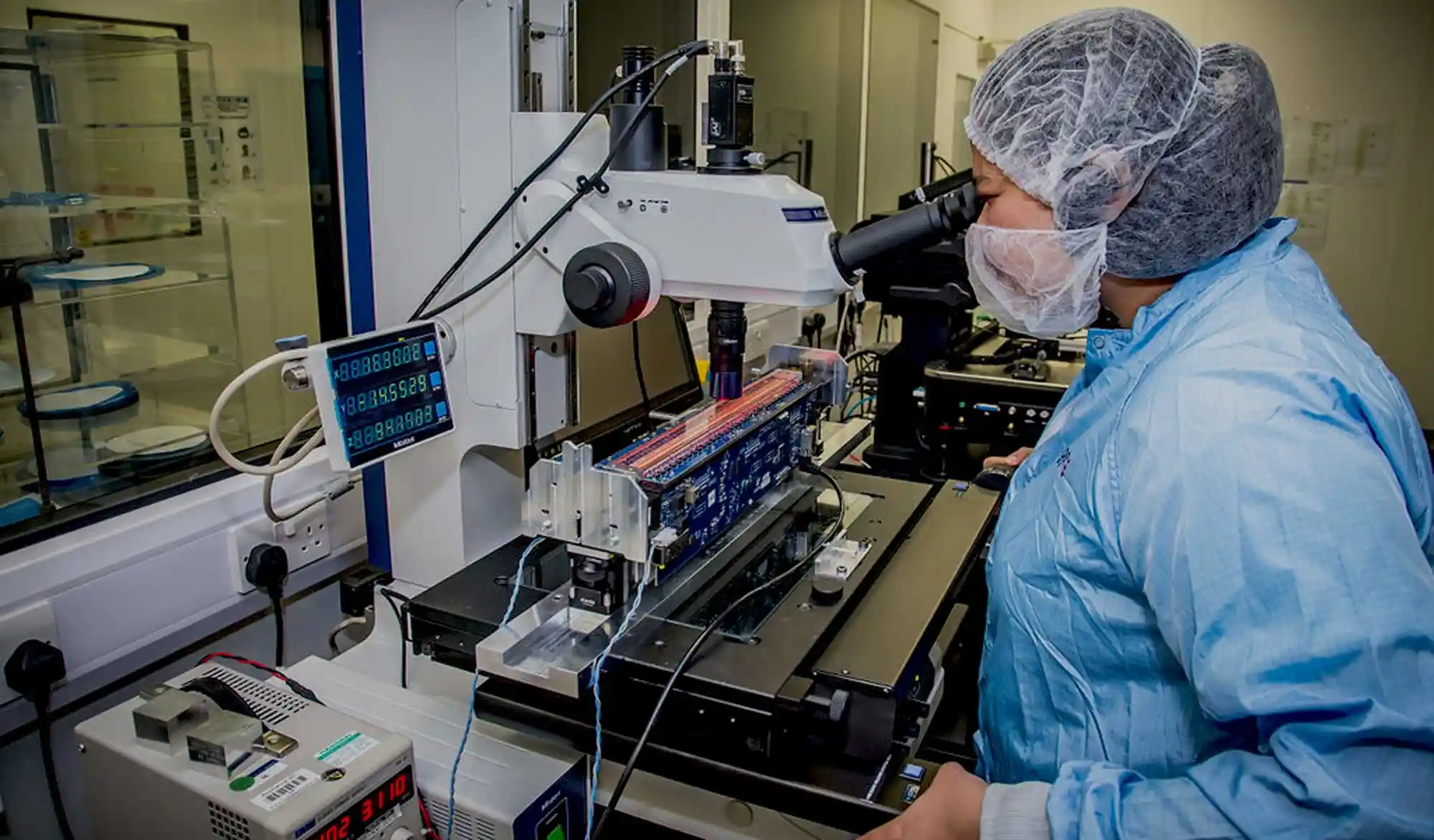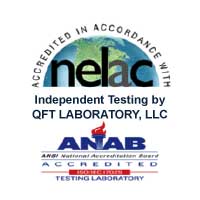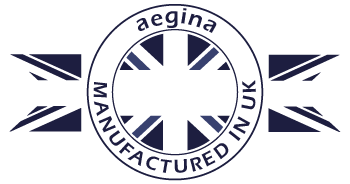Sustainability has become an essential factor in the boating industry, as more boat owners and manufacturers recognize the importance of reducing their environmental impact. One crucial aspect of sustainable boating is the use of eco-friendly boat materials, which are materials that are responsibly sourced, produced, and disposed of at the end of their lifecycle. In this article, we will explore some of the most sustainable boat materials available, their benefits, and how they can contribute to sustainable boating practices. We will also highlight how Aegina’s UV LED water purification technology complements eco-friendly boat materials.
Recycled Plastics
Recycled plastic is one of the most popular eco-friendly materials used in boating. It is created by breaking down plastic waste into small pieces and reforming it into new products. Recycled plastic boat materials are durable, long-lasting, and require less energy to produce compared to virgin plastics. Additionally, using recycled plastic reduces plastic waste and conserves natural resources.
One of the most common recycled plastic materials used in boating is high-density polyethylene (HDPE), which is often used to make decking, seating, and other boat components. HDPE is resistant to moisture, chemicals, and UV rays, making it an ideal material for marine environments.
Reclaimed Wood
Reclaimed wood is another eco-friendly boat material that is gaining popularity in the boating industry. Reclaimed wood is wood that has been salvaged from old buildings, bridges, and other structures that are no longer in use. Using reclaimed wood reduces the demand for new lumber and conserves natural resources.
Reclaimed wood boat materials are unique and offer a rustic look and feel that many boat owners appreciate. Reclaimed wood is also durable and can last for many years with proper maintenance. Additionally, using reclaimed wood reduces the amount of wood waste in landfills.
Bio-Based Composites
Bio-based composites are a relatively new type of eco-friendly boat material that is gaining popularity. Bio-based composites are made from renewable materials such as natural fibers, resins, and plant-based plastics. Bio-based composites are lightweight, durable, and have a lower carbon footprint than traditional boat materials.
One common bio-based composite used in boating is flax fiber reinforced plastic (FRP), which is used to make boat hulls, decks, and other components. Flax FRP is lightweight, strong, and has a low environmental impact compared to traditional fiberglass. Other bio-based composites, such as kenaf and hemp, are also gaining popularity in the boating industry.
Benefits of Eco-Friendly Boat Materials
Using eco-friendly boat materials has several benefits for both boat owners and the environment. Firstly, eco-friendly materials are sustainable and reduce the environmental impact of boating. Using recycled plastic, reclaimed wood, and bio-based composites conserves natural resources and reduces waste.
Secondly, eco-friendly materials are durable and can last for many years, reducing the need for frequent replacements and ultimately reducing costs. Thirdly, eco-friendly materials often have unique aesthetics that can enhance the look and feel of a boat.
How Aegina Ties into Eco-Friendly Boat Materials
Aegina’s UV LED water purification technology complements eco-friendly boat materials by providing an eco-friendly solution for water treatment. Aegina’s system uses minimal energy and does not rely on harmful chemicals, making it an environmentally friendly option for purifying water. Using Aegina’s system eliminates the need for single-use plastic water bottles, which can create a significant amount of waste.
Additionally, Aegina’s system can purify water from a variety of sources, including rivers, lakes, and canals, providing boaters with a reliable













